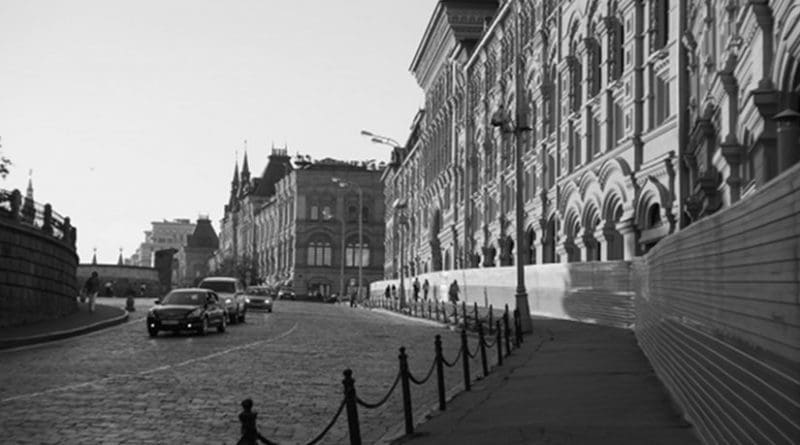Brexit Effect Could Hit Russia – OpEd
By Paul Goble
While the party of power seems to be in total control of elections both in the regions and for the country as a whole, all candidates must recognize that the worldwide anti-elite wave that led to Brexit and other unexpected changes in Western countries could come to Russia and affect electoral outcomes there, according to Minchenko Consulting.
Such outcomes are unlikely, the Moscow analytic company says. They are “black swan” events, of course; but they are not impossible and could affect one or more of the 16 gubernatorial races in the Russian Federation this year (znak.com/2017-06-05/eksperty_predupredili_vremennyh_gubernatorov_o_riskah_vyalotekuchih_izbiratelnyh_kampaniy).
As things stand now, the Minchenko experts say, there is a chance of genuinely competitive elections in only four of the 16 federal subjects were elections are to be held – Buryatia, Mari El, Sevastopol, and Kirov Oblast – largely because of the existence of serious intra-elite divisions.
In four others – Novgorod, Yaroslavl, Sverdlovsk and Saratov oblasts – the incumbent is seeking to build on his support; and in the remaining eight, the elections are currently of the “referendum” type. There are no serious competitors and none are foreseen. As a result, voters are being asked simply to reaffirm their support for those now in charge.
But things could change in any of these contests, Minchenko Consulting says, promising to provide monthly updates in the run-up to the voting. Among the “black swan” events would be the growth of local protests, the intersection of regional voting and the upcoming presidential election, and the impact of what they call “the Brexit effect.”
Because of these risks, the consultants say, no governor can afford to assume that what is true now will be true on election day and rely on the inertness of the population. And they add that there is a particular reason for this: Campaigns without clear alternatives “add nothing to legitimacy, but on the other hand, they raise the level of risk.”

